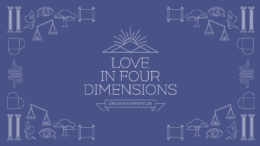
The vision of Woodland Hills is “Learning to Love Together.” This is practiced in four dimensions: loving God, loving ourselves, loving other people and loving creation.
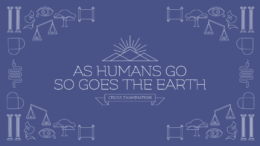
There is a direct, organic connection between how humans live in love and the well-being of creation. The calamity experienced at the hands of the environment is a natural result of human failure to care for it as God intended.
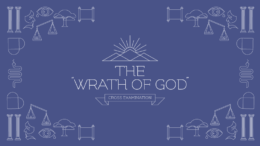
What does it mean to trust God as the ultimate judge? This is an important question if we are going to live in love and forego judgment of others.
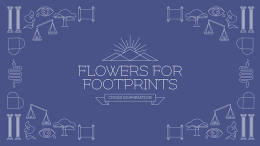
John’s first letter tells us that we are God’s children and that the world is controlled by the evil one. But even more, it tells us how to know Jesus in the midst of this evil so that we might have resurrection life.
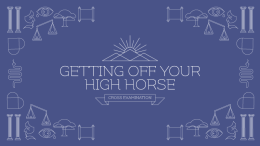
We get off the “high horse” by not judging others or seeing ourselves as superior to them. We also get off the high horse by living relationship with others and having the humility to receive feedback from them.

The story of Genesis 3 identifies the lies at the root of all that is wrong with the world. These lies are fake news about the nature of God, ourselves, others and the purpose of the planet. When we buy into these lies, the resulting actions cause destruction.
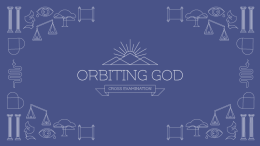
The story of the fall of Adam and Eve tells us what it means to lose the true center of life, and how when we orbit around a false center we are trapped in the perpetual judgement of others.
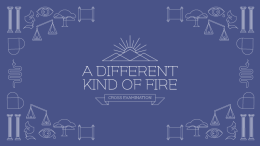
In this sermon, Dan Kent examines how we respond when others judge us. He first looks at how the world teaches us to respond, and then he offers a different response that is shaped by God’s perspective.
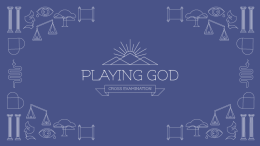
This sermon explores the four primary passages from the Bible that explain why judgment is forbidden.
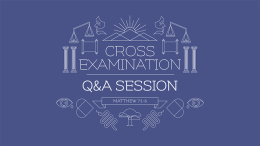
This panel conversation addresses the practical implications of the teaching on what it means to live in love and forego judgment of others.